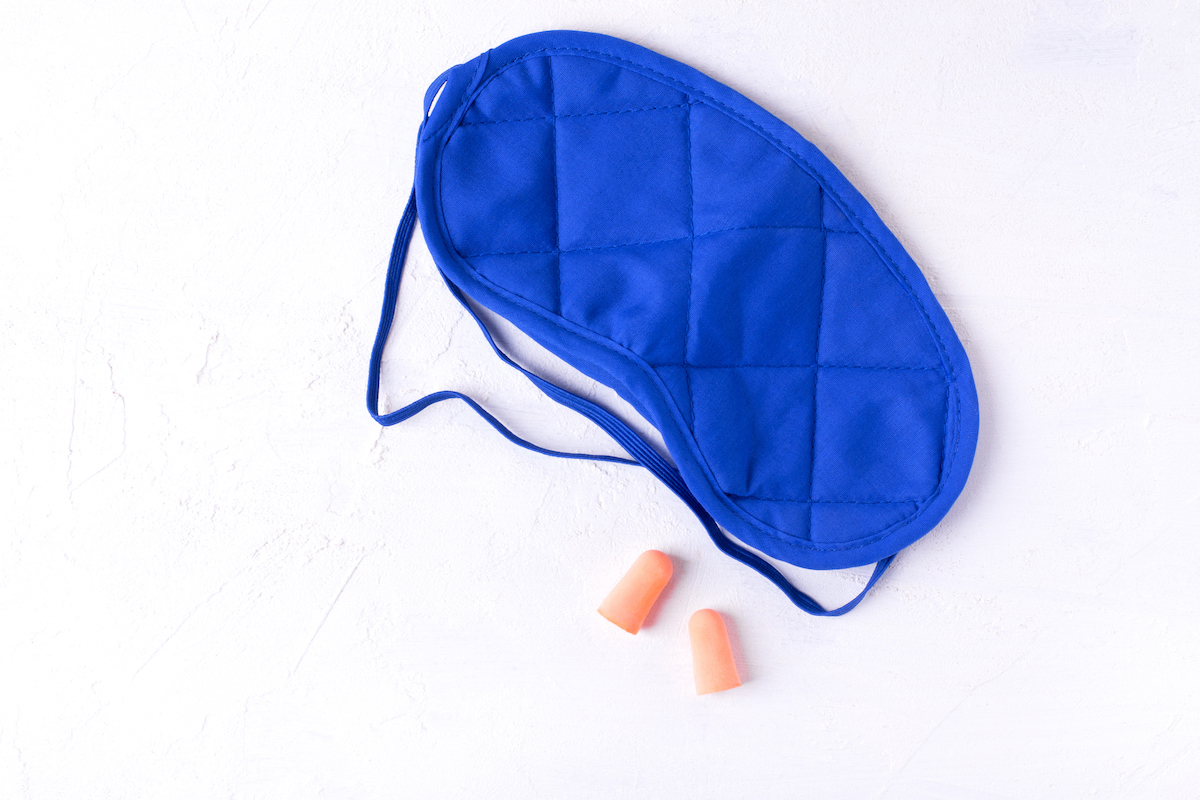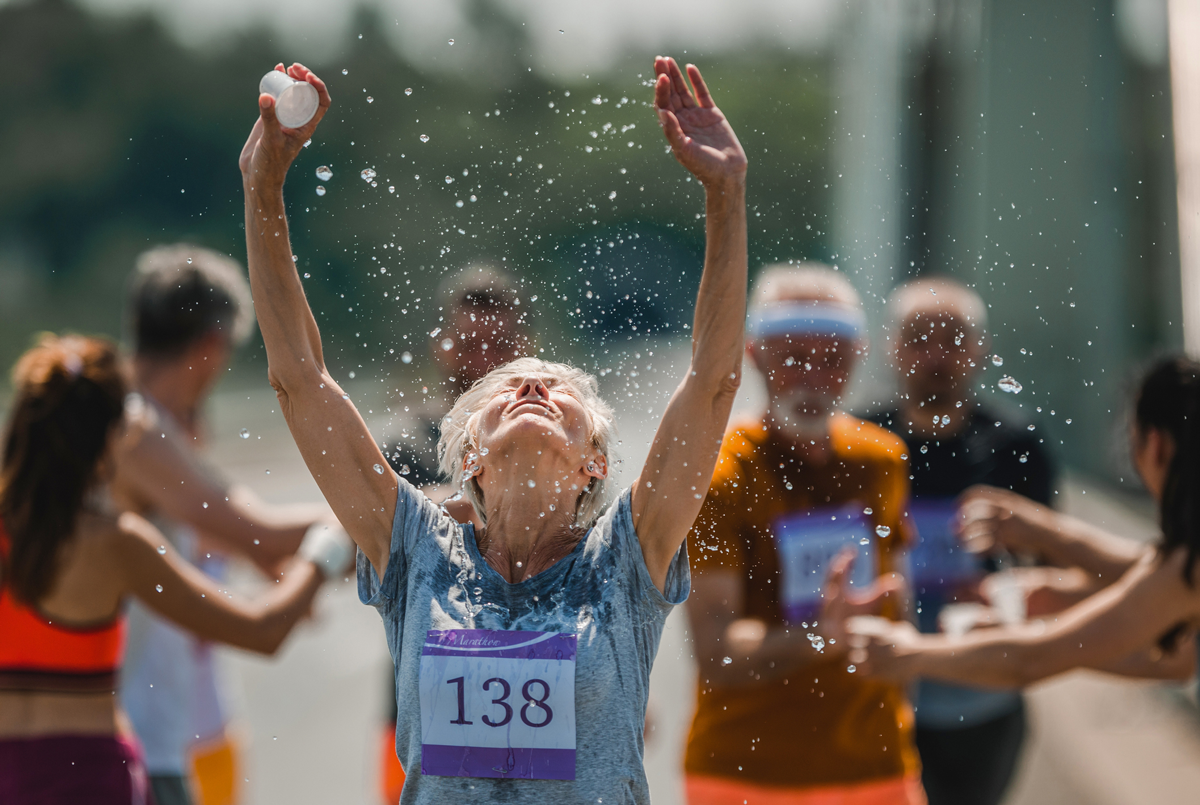What are the most important exercises we should be doing to keep limber/healthy — if we don’t want to go into serious yoga?
—Anonymous
The good news is the data does not suggest that a single type of exercise is critical to maintaining good health as we age. If becoming a serious yogi doesn’t interest you, that is okay. The reason no one type of exercise is the answer is that different types of exercise benefit us in different ways.
And what do we mean by “healthy,” anyway? This might be different for different people.
My health goals in menopause include avoiding chronic disease like heart disease and diabetes for as long as possible. I also want the strength and stamina to navigate New York City easily (I live nearby and work in NYC, where an inability to climb stairs is a real hindrance) and to spend time with my family doing things we love, including traveling all over the world. My sister and I also decided we will live longer than our grandmother, who lived to be 99 years and 30 days old.
The data says we need two types of exercise to meet these goals: aerobic exercise and strength training. In a recent randomized controlled trial of different types of exercise to reduce cardiovascular risk factors, the groups that included moderate-intensity aerobic exercise with or without resistance training improved four risk factors for cardiovascular disease. Those that only performed strength training saw no significant improvement.
But strength training is still important for women after menopause. A Cochrane review from 2011 found a small but clinically important effect of strength training in preventing bone loss in postmenopausal women. Given that fractures are a common cause of disability and death in older women, preventing bone loss is critical to healthy aging.
I recommend that my patients get 150 to 180 minutes of moderate-intensity aerobic exercise per week and two 30-minute strength training sessions per week on non-consecutive days. In practice, what does that look like? For me, that means running three to four times per week and practicing Pilates twice a week.
For you, that might look different. Aerobic exercise especially can take on many forms, including dancing, swimming, tennis, or biking, as long as your heart rate is getting to 50% to 80% of your maximum. Your maximum heart rate is calculated at 220 beats per minute minus your age in years. So if you are 45 years old, your maximum heart rate would be 175, and 50% to 80% of that would be 88 to 140 bpm. Strength training could be as simple as lifting weights in your bedroom or even using your own body weight doing planks or push-ups.
Formulating an exercise habit you enjoy will ensure that you get regular exercise — and that is the real key to maintaining fitness and mobility after menopause.
Community Guidelines




















Log in